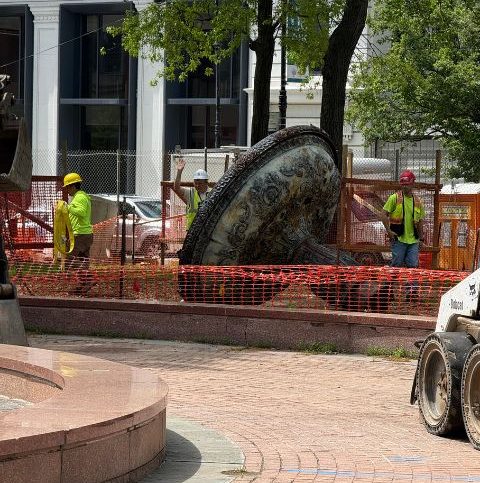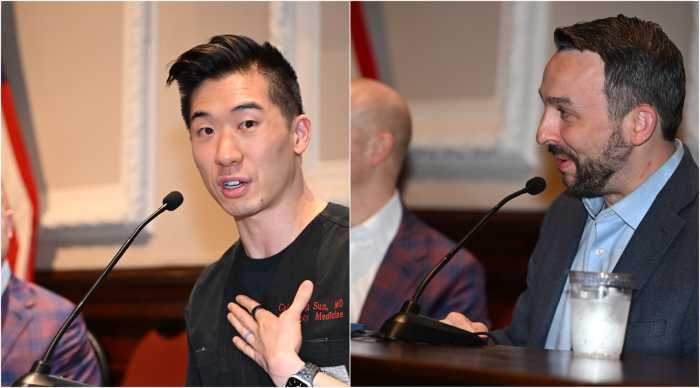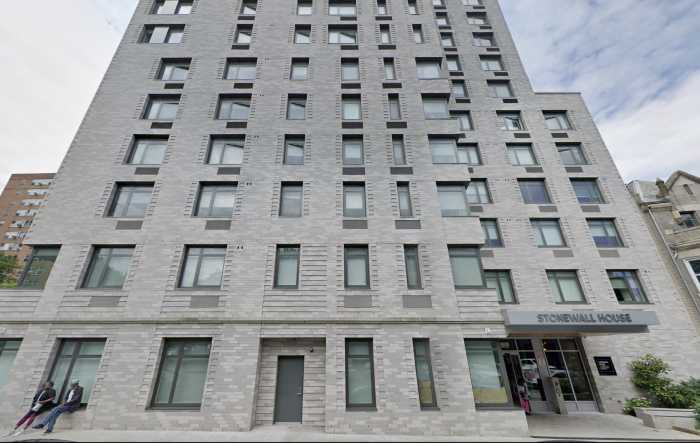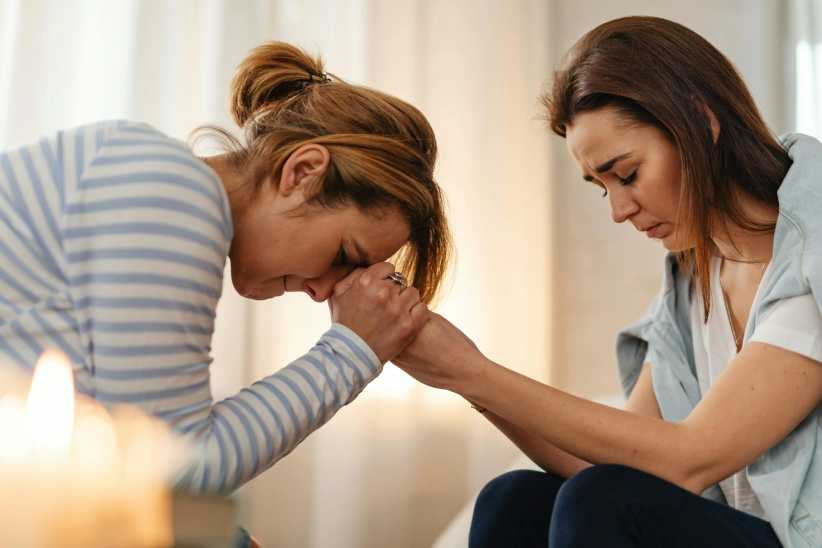The recent death of a New York City Fire Dept. Captain who met his end following a smoky basement blaze inside a South Ozone Park house last week has prompted local officials to promote issues of fire safety and push for legislation to bring down the number of fire related deaths in Queens and throughout the City.
For homeowners and apartment dwellers throughout the City, fire safety starts with "good housekeeping," said Chief Brian Dixon, a spokesperson for the Fire Dept.
Dixon explained that debris left around the heating units of private homes are among the leading causes of fires and he advised that homeowners should "never leave anything combustible near heating units," in the home.
Fire officials told reporters last week that piles of junk and debris piled up in the basement of the 150 Ave and 127 St. home which caught fire may have contributed to the death of Capt. Vincent Fowler who was working with Ladder Co. 173 out of Howard Beach.
"Most fires are caused by careless smoking, careless cooking and electrical problems," said Dixon.
The fire chief pointed out that many of the accidental fires caused by careless smoking can be prevented if citizens are aware of the dangers involved.
Dixon advised that taking precautions such as using a larger ash tray, making sure that cigarette butts are out before they are placed in the trash and avoiding smoking while in bed or when feeling tired and drowsy can drastically cut down the number of smoking related fires that occur in the City each year.
To help bring down the number of fires caused by the use of tobacco products, City and State legislators have been mounting a campaign in recent weeks that would increase manufacturer’s standards on the production of cigarettes by pushing for the development of a self extinguishing cigarette.
"It is critical that this bill be passed because, according to the U.S. Fire Administration, cigarettes are the leading cause of fatal residential fires." said City Councilman Sheldon Leffler of Northeast Queens.
According to Leffler’s office, there were 280 fatalities in fires caused by cigarettes in New York City between 1991 and 1996.
"This figure represents 35% of all fire fatalities during this period, which is almost twice as many fatalities caused by arson."Leffler said.
According to the Councilman, 39% of those killed in these smoking-related fires were not smokers themselves.
"Careless smoking unnecessarily puts thousands of New Yorkers at risk of fire-related-related injuries and death," said Speaker Sheldon Silver who is heading up the Assembly push for a Safer Cigarette Bill.
Silver believes that safer cigarettes are both technically feasible and practical, "simply by reducing the cigarette diameter, altering its density, changing the paper or eliminating just one additive, cigarettes can be made substantially safer," he said.
In addition to careless smoking, carelessness in the kitchen is frequently an ingredient in a recipe for disaster, according to Chief Dixon.
He advised that as a rule residents should always exercise caution in the kitchen.
Combustibles should never be kept near the stove or near open flames, said Dixon who added that in the event of a grease fire, cooks should "cover the pan immediately, never pour water on it," he said.
In the event of a kitchen fire, turning off the flame can save lives, and citizens can purchase fire extinguishers that don’t emit water to further protect themselves in the event of a small grease fire, the Chief said.
The Queens fire on June 3 which fatally wounded Captain Fowler was electrical in origin according to statements from fire officials last week.
"He went to flip the switch and saw fire coming out of the box," said Fire Dept. Commissioner Thomas Von Essen about how what homeowner Anthony Oddo did just as the fire began in his 127 St. house.
"Much of the housing stock in Queens has only one outlet in each room," indicated Dixon who pointed out that Queens homeowners should be especially wary of the condition of the wiring in their homes due to the fact that many of them are not equipped to handle too much electric current at one time.
At the time many homes in Queens were constructed, builders didn’t consider the idea that many large appliances may be plugged into the homes’ few outlets, Dixon told The Queens Courier.
Dixon advised homeowners who don’t know if the wiring in their homes can handle large currents like those required to power air conditioners and microwaves to have their homes inspected by a certified electrician.
To prevent electric fires Dixon warned not to overload outlets by using power strips and running long extension cords across room since they are susceptible to wear and could lead to tragedy.
In the event of a fire, Chief Dixon said that it is imperative that a contingency plan is in place in your home.
"Plan ahead of time, develop a fire safety plan and have a meeting place and once you are out of the residence, call the fire dept.," he said.






























